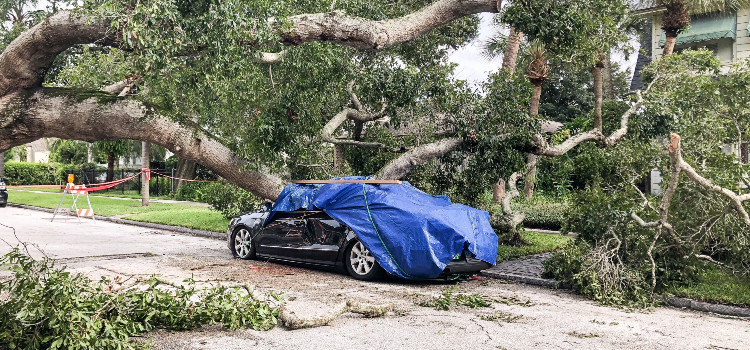Have you ever wondered when and which season sees the most hurricanes?
Why do hurricanes happen in the summer?
Hurricanes happen mostly in the summer because of the conditions in the tropics. In order for a hurricane to form, there must be warm ocean water and air that is very humid. These conditions only happen in the tropics, which is where almost all hurricanes form.
In North America, hurricanes mostly occur from June to November because of the warm waters of the Gulf Stream and they typically travel northward toward Florida or Canada. This migration can vary depending on weather patterns and human activities. Places like St. Lucia, St Thomas, and others around the Caribbean have the same seasons.
Contents
Why Is There A Hurricane Season?
Hurricane season occurs from June 1 to November 30. This is known as the official hurricane season. Although some hurricanes have been recorded earlier, they have been rare and there has not been a need for a specific mention of a hurricane season. In some places, such as Hawaii and the Caribbean, where the conditions are similar to those in the tropics, hurricanes can happen all year long.
Hurricane season is predicted each year by the National Hurricane Center (NHC). The prediction is based on the June 1st to November 30th time period. This is because the Miami, Florida, which is where the NHC is located, has enough data to make accurate predictions during this time of year.
Can Hurricanes Happen Off Season?
Yes! Hurricanes are not bound by the above terms. Any time you have warm ocean waters and air that is very humid, there is a chance for a tropical disturbance or hurricane to form.
Although there has not been a lot of research done on off-season hurricanes, there have been off-season hurricanes in the past. One of the most recent examples was Hurricane Paloma in 2010 at Mexican Christmas, which happened in November.
What Happens When Hurricanes Happen Off-Season?
When hurricanes occur at the “off-season”, they are still classified as tropical cyclones, but they are not hurricanes. They do not have the right conditions to be considered a hurricane so they are not officially called hurricanes. A tropical disturbance can still be responsible for causing damage and flooding.
A hurricane that happens too late in the season is likely to lose most of its strength before it reaches land. This is because the storm has already been weakened by the time it reaches land, and it tracks more off course, which affects its speed and track.
What Is The Warmest Month For Hurricanes?
The warmest month for hurricanes is July. In terms of average temperature, this is when there has been an average of about 3 hurricanes a year. The biggest month for hurricanes tends to be August, but only one hurricane has been recorded in August since 1950. This was Hurricane Andrew in 1992.
Conclusion
The hurricane season is a period of time during the summer, when hurricanes are most likely to happen. Most land falling hurricanes will occur during this time period. Hurricanes can and do occur after the official hurricane season. A hurricane happens when you have warm ocean waters and air that is very humid. A tropical disturbance can result in flooding and damage as well as a hurricane.

